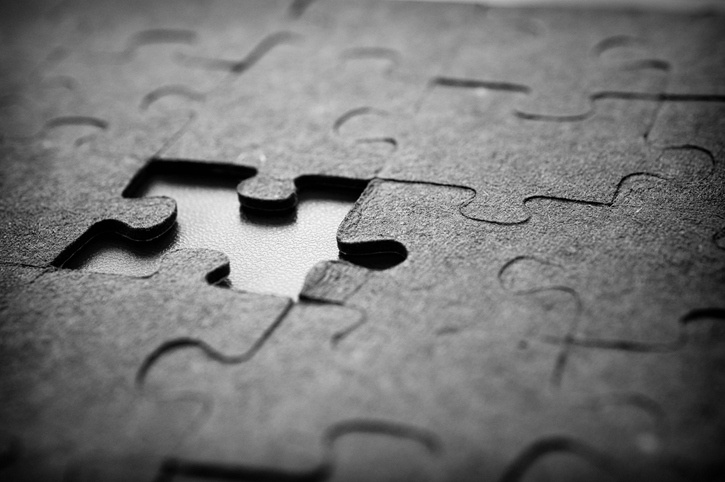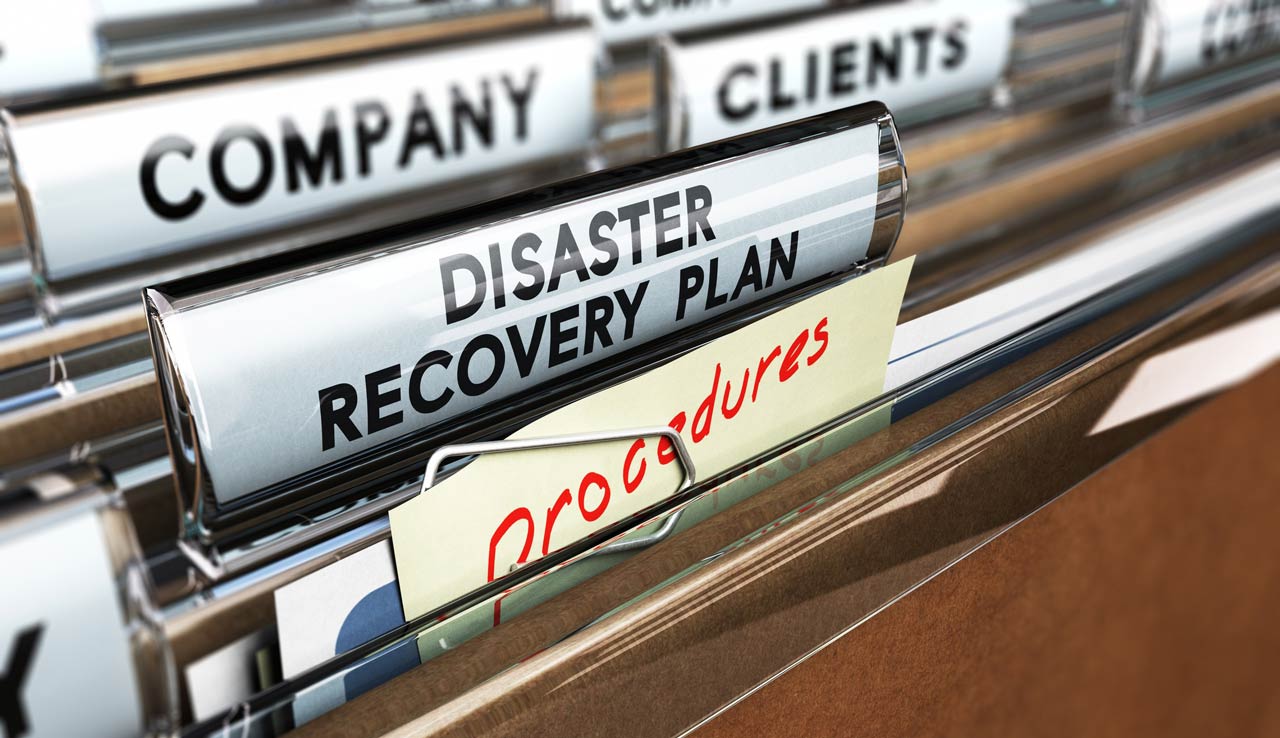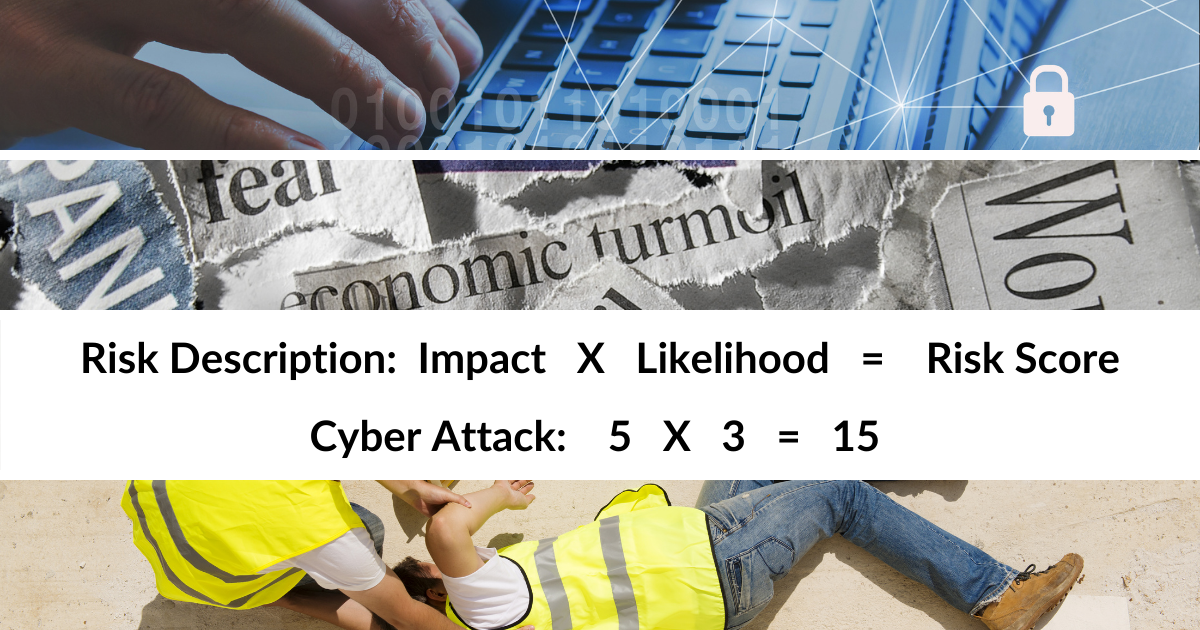Did Millennials Usher in the Golden Age of Crisis?

This has been a vintage year for crises and there is plenty to suggest that it’s not a one-off.
Fundamental shifts have taken place that increase scrutiny and accelerate threats to brands and organizations. We are entering the golden age of crisis. We talked in previous blogs about two of the shifts that brought us to this moment.
First, social media has come of age in the way that information is shared and conversations proliferate. However, this is not matched by the way organizations rigorously update their crisis planning to reflect this new world. It’s not news that social media is important in the way that crises unfold – it continues to be news about how unprepared organizations are for that fact.
Secondly, we talked about wider technology trends. It is technology that enables many of the threats – Presidential tweets, videos on smartphones, organization of advocacy groups online and so on. But again, organizations have been slow to deploy the technology that enables them to more effectively defend themselves.
We at RockDove Solutions often feel that the biggest rival to our mobile crisis app, In Case of Crisis, is the old ring-bound binder in the office drawer!
This blog looks at the third trend linked to the advent of the golden age of crisis, one that is related to social media and technology, but only because this group grew up with both at their fingertips.
This trend is about the growing influence of the Millennials. In April, the researchers Harris revealed a poll which drew back the drapes on the growing impact of the largest generation since the boomers.
This one looked at how Millennials are increasingly dictating the health of the top brands in the United States.The striking research observation in our context was that Millennials are driven by
a strong sense of values and look for that in the brands they support.
And Millennials are not of one single homogeneous set of values. Some are liberal leaning, loving brands such as Ben & Jerry’s Ice Cream. Others are more conservative, enthusiasts for brands such as Chick-fil-A. But, they do take sides. They will advocate for what they feel is right and actively oppose what they feel is wrong.
Which at least partially explains all those calls for consumer boycotts we hear nowadays.
At the time of writing, grabyourwallet.org had a list of 63 companies who, in its view, have expressed some form of support for the Trump Administration, including ten retailers who sell Trump family products, and therefore should be avoided. On the other side of the coin, Trump supporters have in the recent past launched boycotts of PepsiCo, Oreos, Netflix and, of course, Nordstrom.
Millennials will punish brands that they feel fall short of the values they espouse.
The Harris Poll found that Millennials brand preference in airlines is American. Which may help us understand why United got hammered for the Dr. Dao incident, but American’s own moment of madness in the cabin passed over with barely a ripple.
And this is the generation that naturally gravitates to social media to share opinions, generate conversations and find like-minded friends. They increasingly consume traditional media as snippets and updates on other sites, rarely buying newspapers or watching television news. Something that United did not appear to wholly understand in its initial limp response.
All of this speaks to a need to every organization to take a fresh look at its crisis planning.The chances are that if you have not completely overhauled your crisis preparedness in the past two years, you are woefully unprepared for dealing with threats in the golden age of crisis.
And if your plans are still stored in a ring-bound binder or even behind the firewall of the company’s intranet, instead of being instantly accessible on a password-protected smartphone app, then you will never be able to respond to a threat effectively or quickly enough to emerge with your reputation unscathed.









